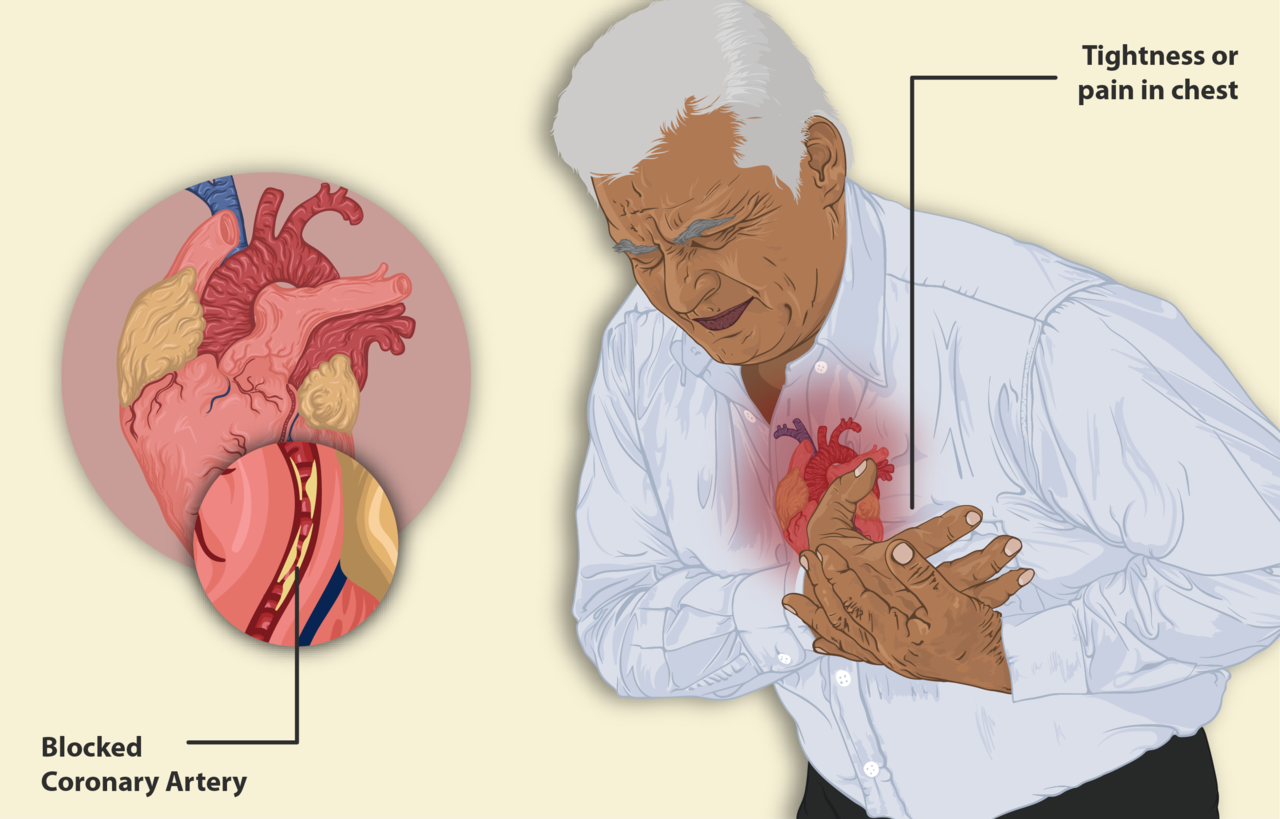 Cardiovascular disease (CVD), also known as heart disease, is a major health concern in Australia. It’s also a major cause of death, killing one person every twelve minutes. This makes heart disease the leading cause of death in the country, and over 6 percent of Australian adults suffered a condition related to heart disease between 2017 and 2018.
Cardiovascular disease (CVD), also known as heart disease, is a major health concern in Australia. It’s also a major cause of death, killing one person every twelve minutes. This makes heart disease the leading cause of death in the country, and over 6 percent of Australian adults suffered a condition related to heart disease between 2017 and 2018.
Australia’s Medicare covers patients in case of emergency hospital visits, such as those from a heart attack or stroke, and as of April 2019, Medicare benefits support general practitioners evaluating patients for cardiovascular risks. Still, some citizens may want to supplement Medicare coverage with a private insurance plan, and insurance companies offer a variety of plan types. Private health insurance plans can give patients greater control over hospital stays, and doctors and may save out-of-pocket costs on certain procedures. Compare health insurance with iSelect to find the health plan that’s right for you.
Of course, the best overall treatment is heart disease prevention. Here are some of the most effective methods.
Control Blood Pressure
High blood pressure is a major risk factor for heart disease, and it can be caused by a variety of factors including lack of exercise, excessive drinking, smoking, being overweight, stress, and age. High blood pressure can also cause other symptoms like frequent headaches, lightheadedness, or heart palpitations. Naturally, aging is unavoidable, but there are lifestyle changes that can lower your risk of high blood pressure. Blood pressure should also be monitored with each doctor visit.
Eat Healthy
If you can eat a healthy diet, you’ll increase your chances of naturally avoiding certain risk factors for heart disease like high cholesterol, obesity, and high blood pressure. Eliminating meals with lots of saturated fat, sodium, and added sugar is ideal. Getting a new diet to stick can be challenging, so you may want to start small by eating one healthier meal per day and work your way toward an overall healthy diet.
Exercise
Getting an appropriate amount of exercise is one of the best things you can do the prevent heart disease. It’s recommended that adults get at least 150 minutes of intense activity per week. Much of this can be aerobic activity, such as running or swimming, but it’s recommended to work in some strenuous muscle training at least twice a week. As with a diet, adapting to a new exercise routine is hard, so take gradual steps toward a healthier overall routine.
Limit Alchohol
If you already don’t drink, then you’ve successfully avoided a risk factor. If you drink excessively, though, it’s a good idea to start limiting your intake. Excessive drinking is defined by the CDC as more than 15 drinks per week for men and more than eight drinks per week for women. Alcohol can significantly raise your blood pressure, and the extra calories from drinks can contribute to weight gain.
Avoid Smoking
Once again, you’re avoiding a risk factor if you don’t do this already. If you do smoke, quitting will lower your risk for heart attack and stroke, not to mention your risk for lung disease and cancer. There are several ways to quit smoking ranging from using medications to counseling and other forms of assistance.
Get Enough Sleep
Sleep is a crucial, but often neglected, part of a healthy routine. Not getting enough sleep can often make you feel bad, and it comes with several health risks including heightened blood pressure, weight gain, risk of diabetes, and a weakened immune system just to name a few. A lack of sleep simply prevents your body from functioning normally and increases your risk for health problems.
Reduce Stress
High stress is correlated with several health issues including heart disease, digestion problems, depression, Alzheimer’s, insomnia, and more. High stress can be caused by any number of things such as difficulties at work, issues at home, or being overwhelmed in general. Stress can be managed through several methods like breaking down a list of tasks, expressing your feelings more often, or even just moving around. Finding ways to reduce stress that work for you can significantly improve your quality of life.









